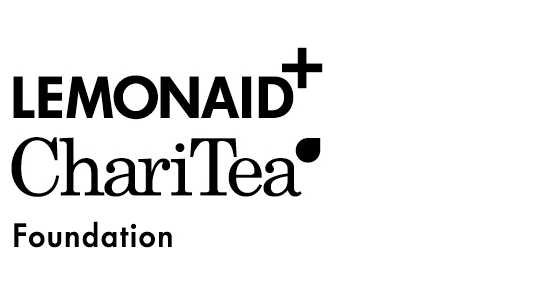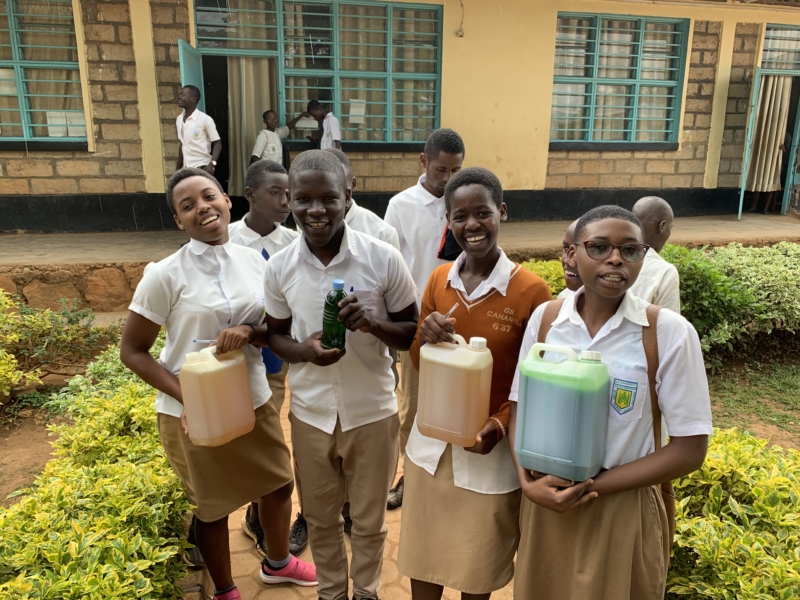This is the second part of a series on the impact of our project partnerships over the last three years. In the first part, we presented the results of four projects in South Africa, Argentina and India, which focused on vocational training and further education and the related goal of income generation. In this article, we take a closer look at the impact of four other organisations that we have supported in recent years. All of them pursue a “grassroots” innovation approach in different ways, meaning, they promote, for example, novel business models from local communities.
The term “innovation” has become a buzz word, especially in the social business sector. In order to be successful as a company in today’s world, it must offer innovative products and services and also work internally as innovatively and efficiently as possible. Exactly the same applies to the field of international development cooperation, where the term has recently been used in an inflationary way. However, the focus is different: Developing sustainable solutions by and for marginalised groups in the Global South is not only about technological high-end innovations. It is above all about effective, accessible, affordable and easily adaptable solutions. These can be used by communities to address their specific needs. In this context, the term inclusive innovation is therefore often used. “Grassroots” entrepreneurs, for example, combine traditional knowledge and skills from their own community with modern technologies to create inclusive, innovative products or services. This enables them to generate local income opportunities on the one hand and to strengthen the food and health care system through new technological developments on the other. Innovation can thus contribute in many ways to improving the living conditions of people in the Global South.
School competition increases job opportunities for young Rwandans
This has also been recognised by the British NGO Teach A Man To Fish, which runs the “School Enterprise Challenge” in various countries around the world. Supported by the Lemonaid & ChariTea Foundation, Teach a Man to Fish also organised the programme from 2017 to 2020 in Rwanda. The idea of the nationwide programme is to awaken the entrepreneurial spirit of the students at an early stage. In this way, the organisation wants to tackle the high youth unemployment rate of 19.4 percent in Rwanda. In a first step of the programme, Teach A Man to Fish trained teachers from participating schools as multipliers and provided them with the necessary documents. These teachers then conveyed entrepreneurial skills and important soft skills to the students in a playful way. Based on this, the students developed their own small business ideas and put them into practice. The School Enterprise Challenge was a real success: Twelve of these companies, such as a vegetable production company or a manufacturer of knitted baby clothes, achieved the so-called Gold Status. Gold status means that they have operated their business profitably for at least two years. The profits made were cleverly reinvested: either in the companies themselves or to support disadvantaged pupils and buy teaching materials such as school books. 33 schools with a total of far more than the originally planned 1,000 pupils have benefited from the challenge. The competition demonstrably increased the job opportunities and the starting salaries of the participants: A 2019 survey showed that former participants of the School Enterprise Challenge in Rwanda earned on average almost three times as much as the national average of 16-24 year olds.
Over the three years, Teach A Man To Fish also worked closely with local NGOs, churches and district education authorities to share the idea and, above all, the potential of their entrepreneurial education approach. They also wanted to work together to develop a plan for further promotion of the competition beyond the funding period of our Foundation. However, these intentions were thwarted by the Corona pandemic, and further plans have now been put on hold for the time being. The pandemic also affected the implementation of the current project: In order to contain the spread of the virus, the government decided to suspend classroom teaching in schools from March to September. Although the government offered alternative education programmes at home, many pupils cannot use them without the appropriate equipment and internet access. Teach A Man To Fish has therefore considered a transitional programme for the quarantine period: In “Summer Business Clubs”, a light version of the nationwide competition, students have set up short-term projects in small groups.
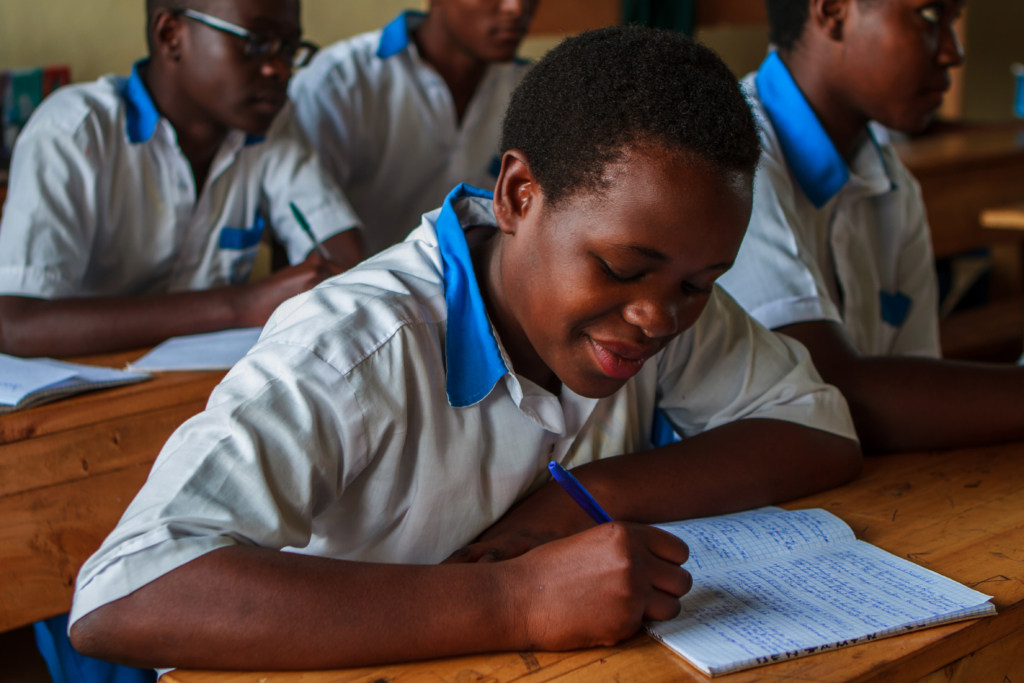
Successful business start-ups in the Rwandan border region
A similar strategy to Teach A Man To Fish is being pursued by the Competence Centre For Small And Medium Enterprises (CCSME) in western Rwanda. Again, the aim here is to support young adults in developing their own innovative business ideas. Friends of Ruanda e.V. (FoR), our local project partner, manages the centre, which was financially supported by the Lemonaid & ChariTea Foundation from 2017 to 2020. The centre offers a comprehensive two-and-a-half-year training course on entrepreneurial skills such as financial planning, strategic marketing and business plan preparation. In the last three years, the centre has trained a total of 35 young people, mostly women. An essential part of the training is the creation of a business plan. The best 20 proposals received a starting capital of 1,000 Euro at the end of the course. All recipients used the money – still accompanied and supported by the CCSME – to set up their own businesses such as a photo studio, a rabbit farm or a hairdressing salon. All of the 20 newly founded companies have developed well so far and have each employed at least two new staff members.
Overall, the graduates have benefited in many ways from their training at the CCSME: Thanks to the fixed income and the financial independence that comes with it, they are much more self-confident and were, for example, able to pay for health insurance for themselves and their families. A multiplier effect was also noticeable, i.e. the participants in the training passed on the knowledge they had acquired to their own communities. In this way, the business idea also spread to the residents of the Rubavu region. A group of 15 young mothers from the region, for example, started their own sewing project in February this year and are now training more seamstresses.
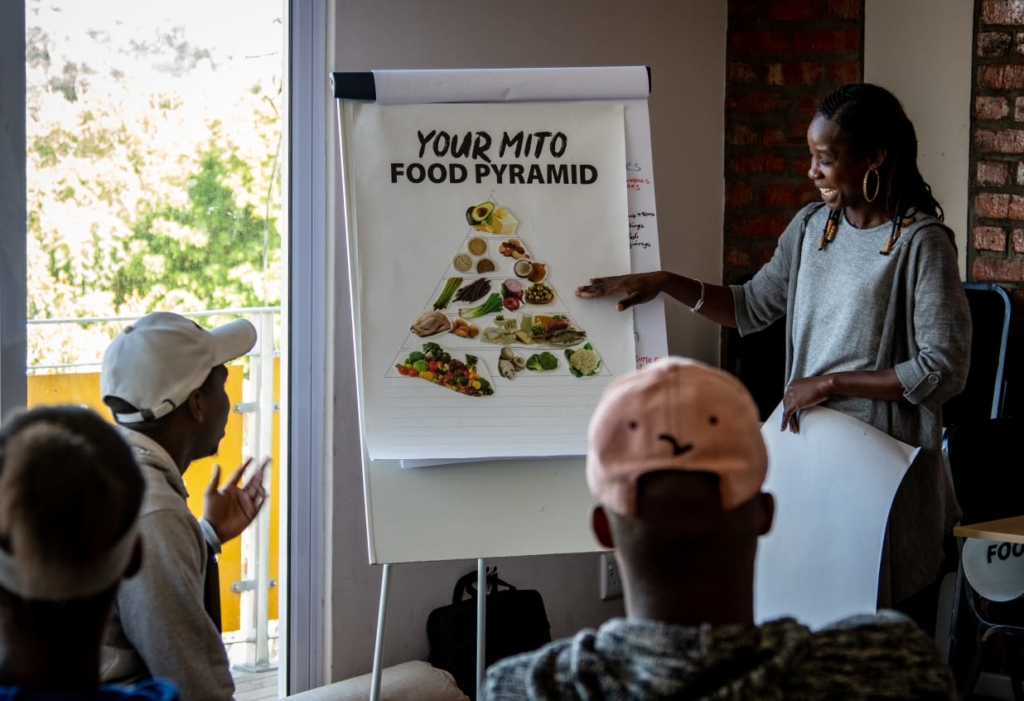
Nutrition and health campaign in Walmer Township proves effective
“Young Entrepreneurs for a Healthy Community”, that is the vision of Masifunde, a non-profit organisation from Port Elisabeth on the Eastern Cape of South Africa, which our Foundation supported financially for one year from 2018 to 2019. The organisation, founded in 2003, takes a holistic approach to two of the problems in Walmer Township, one of the poorest areas of the Eastern Cape: high youth unemployment and malnutrition. Masifunde runs the cafeteria MyMito, where warm and healthy food is prepared every day at affordable prices for the community and the adjacent school. The facility also offers two different vocational training courses for young people from the township.
During the project six young people were trained as professional cooks in a hospitality course and ten young people as baristas. Both training courses last twelve months and teach not only technical but also entrepreneurial skills. Some of the graduates were employed directly by MyMito and a coffee producer. Others have set up their own business with a food truck. During this time, however, they discovered that the demand for healthy food among the population is very low. At this point Masifunde started with a third pillar: As part of a health campaign, they teach inhabitants of Walmer Township how they can eat healthier within their means. In order to increase the reach and thus the impact of the campaign, Masifunde also produced an information brochure and four YouTube videos. A total of 2,650 people, mainly pupils from neighbouring schools, were educated in 93 workshops in one year. The feedback of the participants was very positive, many parents reported about more energy and better health.
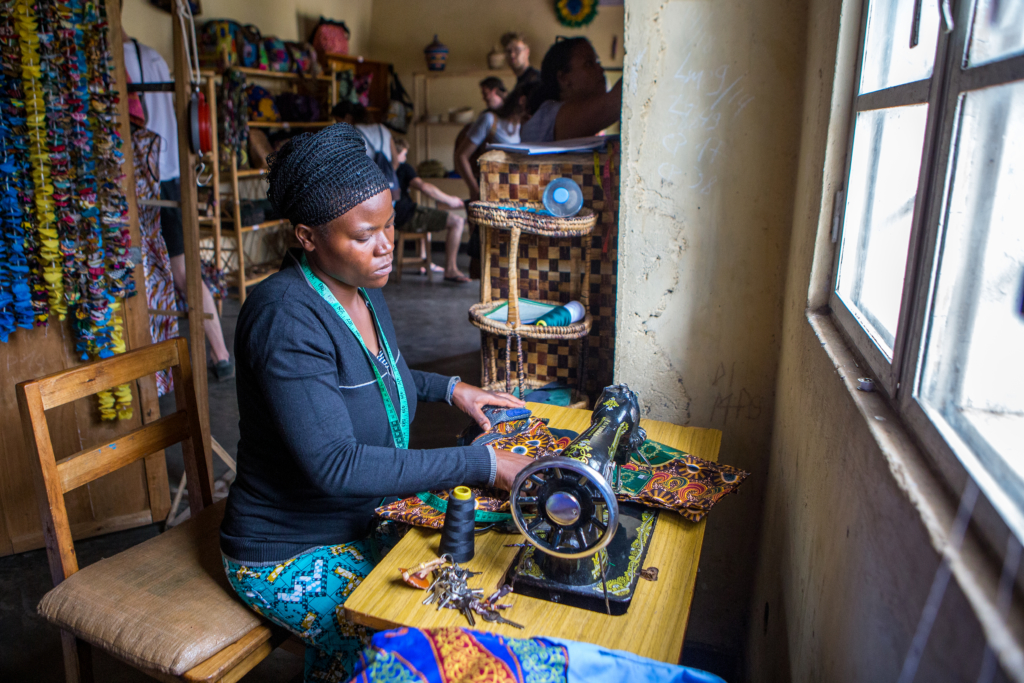
Women’s cooperatives in western Rwanda strengthen solidary relationships
Another project in Rwanda is the women’s credit programme of Rwanda Sustainable Families (RSF). The Lemonaid & ChariTea Foundation supported the project from 2017 to 2020. The focus of RSF is on empowering women by creating income opportunities. In the last three years, RSF has supported a total of 210 women, mainly young mothers and women from disadvantaged backgrounds, from Rubavu District in Western Rwanda through the programme. In the last three years, RSF has supported 210 women, mainly young mothers and women from disadvantaged backgrounds, from the Rubavu District in Western Rwanda through the programme. The women in the programme have taken part in further training on various entrepreneurial skills such as entrepreneurship, financial investment and cooperative management, but also on topics such as gender-based violence, unity and reconciliation. Subsequently, the participants joined together to form so-called savings and credit cooperatives.
Each member pays an agreed amount each week into a joint savings account. In case one of the women gets into financial difficulties, a loan can be granted to her. The project participants also founded a total of five officially registered cooperatives together with RSF. They dedicate their work to the areas of pig breeding, soap production, bakery production or agriculture. For the implementation, RSF provided them with seed capital in the form of a loan. In order to exchange information about current problems and challenges, the project participants meet regularly within the cooperatives for weekly group meetings. In addition to the pure business relationships, this has also led to the formation of friendly and solidary structures. A good example of this is the mattress exchange programme, which provides all members with good sleeping facilities. The solidarity among the women was also evident in the crisis: As a result of the Corona pandemic, the cooperatives had to stop most of their projects. However, the members of the cooperatives decided to continue to pay the salaries as loans. Now that the curfews in Rwanda have been eased and the projects are up and running again, the money could be paid back bit by bit. In addition to the corona pandemic, the devastating effects of the climate crisis in the Rubavu region, especially for the farmers living there, are causing more and more problems.
The support of entrepreneurial and innovative ideas is one of the main topics of our Foundation’s project funding. This not only creates additional income opportunities, but also novel solutions adapted to the needs of the community and the challenges of these uncertain times. Often this means that the wheel does not have to be reinvented at all, but the innovation lies in transferring existing approaches to a different area such as the business competition to the school context and thus promoting entrepreneurial thinking at a young age. With a particular focus on women and other disadvantaged groups, many of the projects supported by the Lemonaid & ChariTea Foundation also have an important emancipatory effect.
